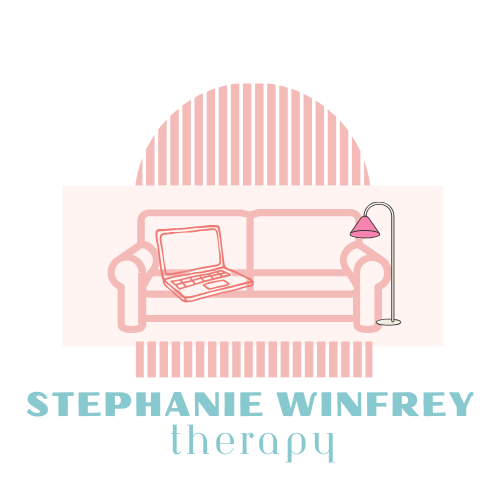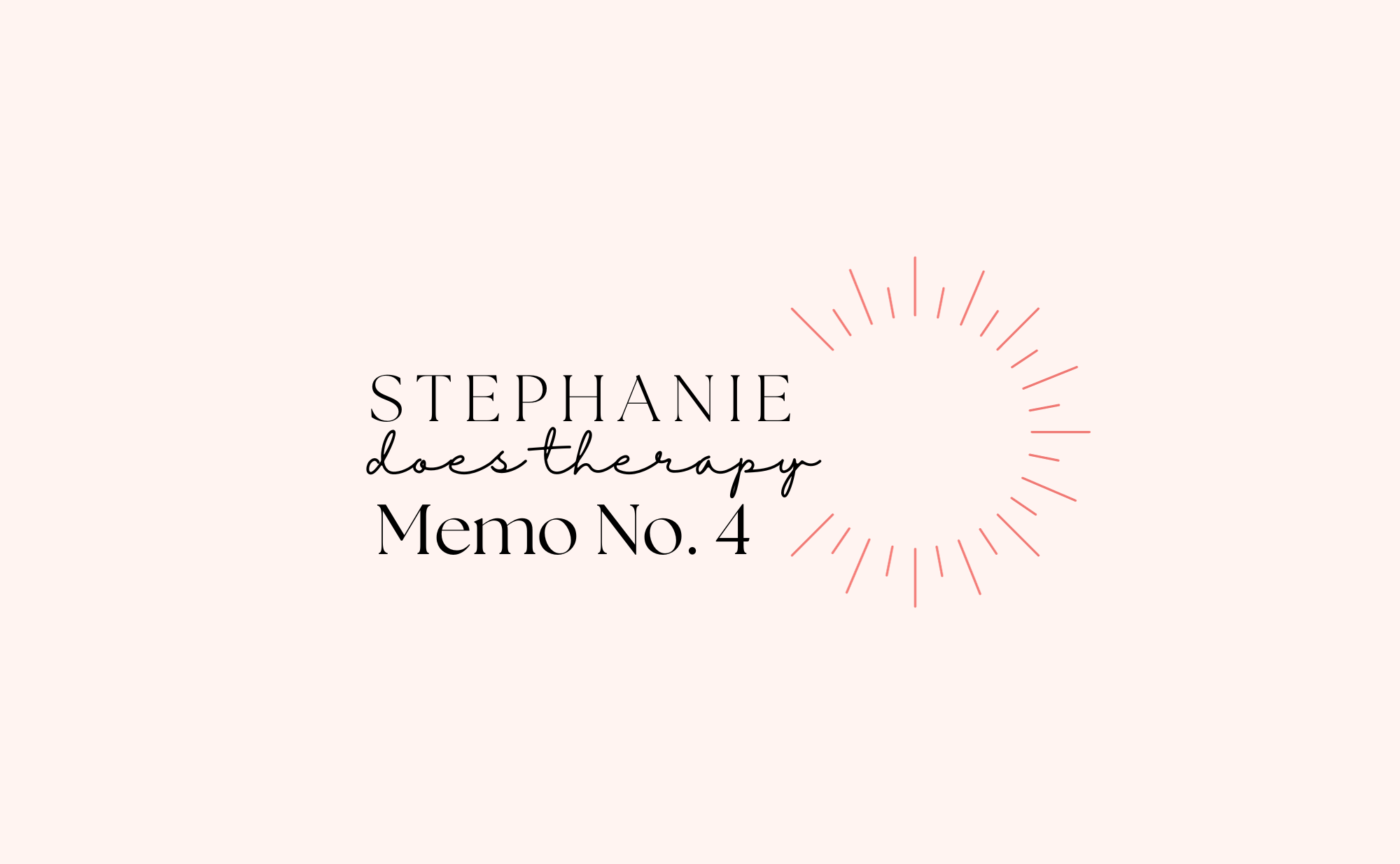When you seek therapy for trouble in your relationships and you have a history of childhood trauma or emotionally unavailable parents, a missed diagnosis may occur. Using skills that would traditionally treat a personality disorder or Relationship Anxiety might not be helpful for Relationship OCD (ROCD). Not everyone that has experienced childhood trauma has ROCD or even relationship anxiety, or a personality disorder. However, there is an overlap of some distressing symptoms of personality disorders, ROCD, and Anxiety. Some of this overlap can look like ruminating thoughts, perfectionism, and seeking reassurance.
If you experienced childhood trauma or have emotionally unavailable parents and are experiencing trouble in your relationships, question if they are symptoms of ROCD. Keep in mind a key difference between the ROCD, Anxiety and certain personality disorders, is that Anxiety and certain personality disorders, are the internalized beliefs (ego syntonic) you have about yourself as opposed to ego dystonic. Ego dystonic is against your will or what you believe to be true. Note that ROCD is not limited to intimate relationships, this can occur in any relationship of value (friends, family, work, etc).
Let’s dive a little deeper, Anxiety is a manifestation of fears, doubts, and stress caused by the internalized beliefs you hold about yourself. Cognitive restructuring helps you identify incoming dysfunctional thoughts and the negative consequences of those thoughts about a certain situation. This is a technique to use to go back and think about the same situation through a different lens, with a more functional thought, and more helpful consequence of those thoughts. Practicing this enough, essentially “rewires” the way your brain responds to certain stressors/triggers.
ROCD, is having intrusive thoughts that do not match internalized beliefs you hold about yourself. You know the obsessive thoughts are against what you know to be true or believe, but the doubt OCD causes sets off an internal alarm to challenge those thoughts.
This can look like this: Intrusive thought “My boyfriend doesn’t really love me”. Though the person can also tell you how their boyfriend has shown their love recently (ego dystonic). You don’t believe your boyfriend doesn’t love your, but then OCD starts making you wonder what if you are missing something (the internal alarm is going off), cue compulsions. Those compulsions, while they can be observable, are often unobservable mental acts. They can be reassurance seeking from yourself, your partner, friends, family, or the internet. You may also ruminate, imagine a scenario, replay, or review as a compulsion.
The compulsions are used to stop the alarm (make the thought go away) or stop wondering if he truly loves me. By doing compulsions, your brain is being thanked for alarming that thought and will make sure to do that in the future. This is where you get stuck, because over time, OCD demands more compulsive behavior to reset.
Those with ROCD, Relationship Anxiety, and some personality disorders can all report needing reassurance, rumination, replaying, reviewing, or imagining a future situation. You can see how a missed diagnosis may occur. Also, you can experience all three. If you recognize the compulsions as useless but feel stuck doing them or recognizes the thoughts as pointless but struggles to not engage in compulsions, don’t forget to look for ROCD.
ROCD responds well to Exposure and Response Prevention. Essentially this is a technique that slowly increases your exposure to the distress created by certain intrusive thoughts. Overtime, disarming the alarm set up in your brain.
Traditional talk therapy can worsen ROCD symptoms. While you may make some temporary progress, you then have major setbacks. The “progress” is the reassurance your therapist unintentionally provided you. At first, that would last a long time. Over time, you notice when you leave the therapist’s office and that reassurance wouldn’t last like it originally had, the demand for you to do more compulsions increases. That’s what happens with OCD. After the alarm is reset with a compulsion, it demands more and more to reset in the future. There is freedom from this!


